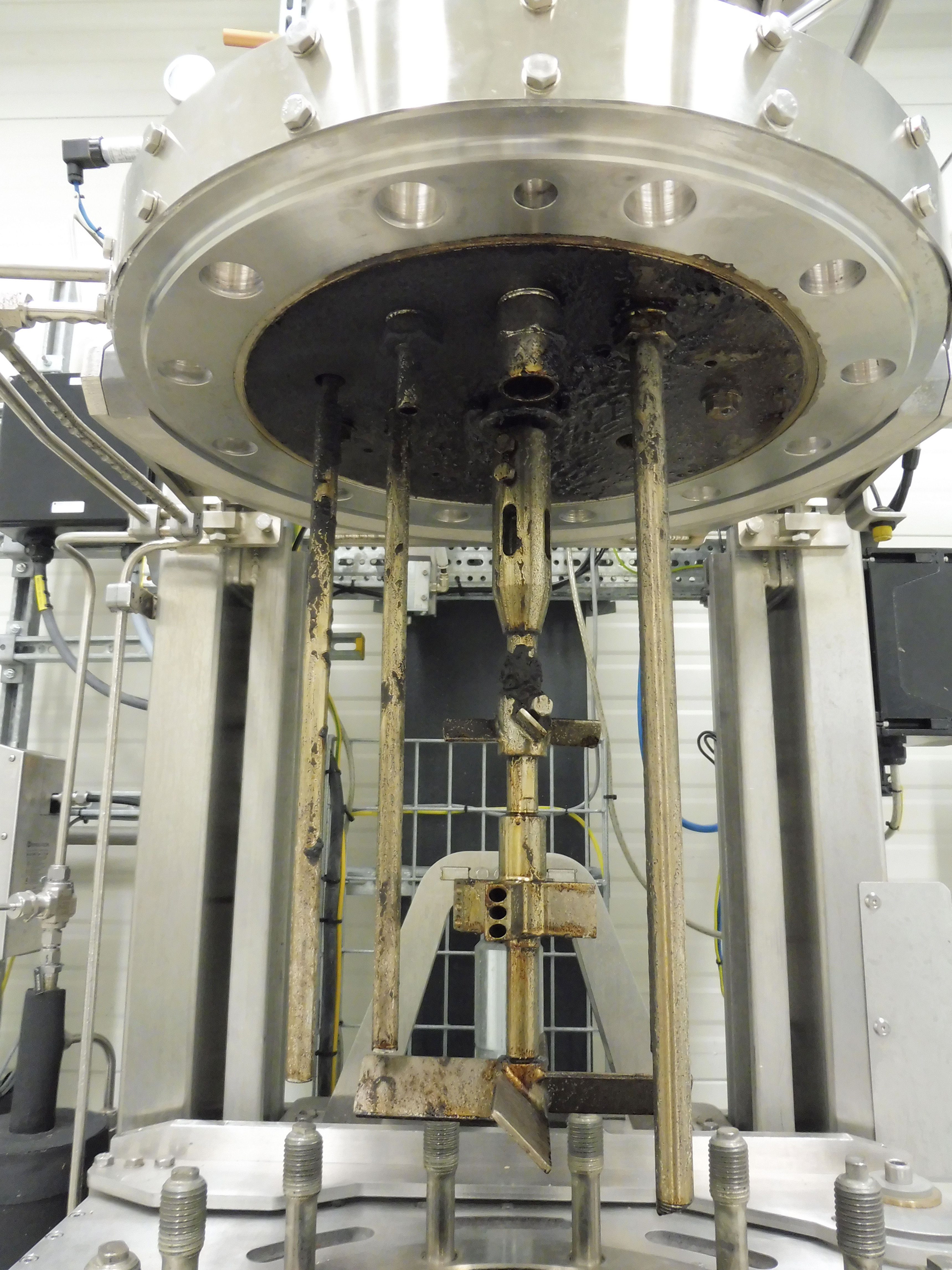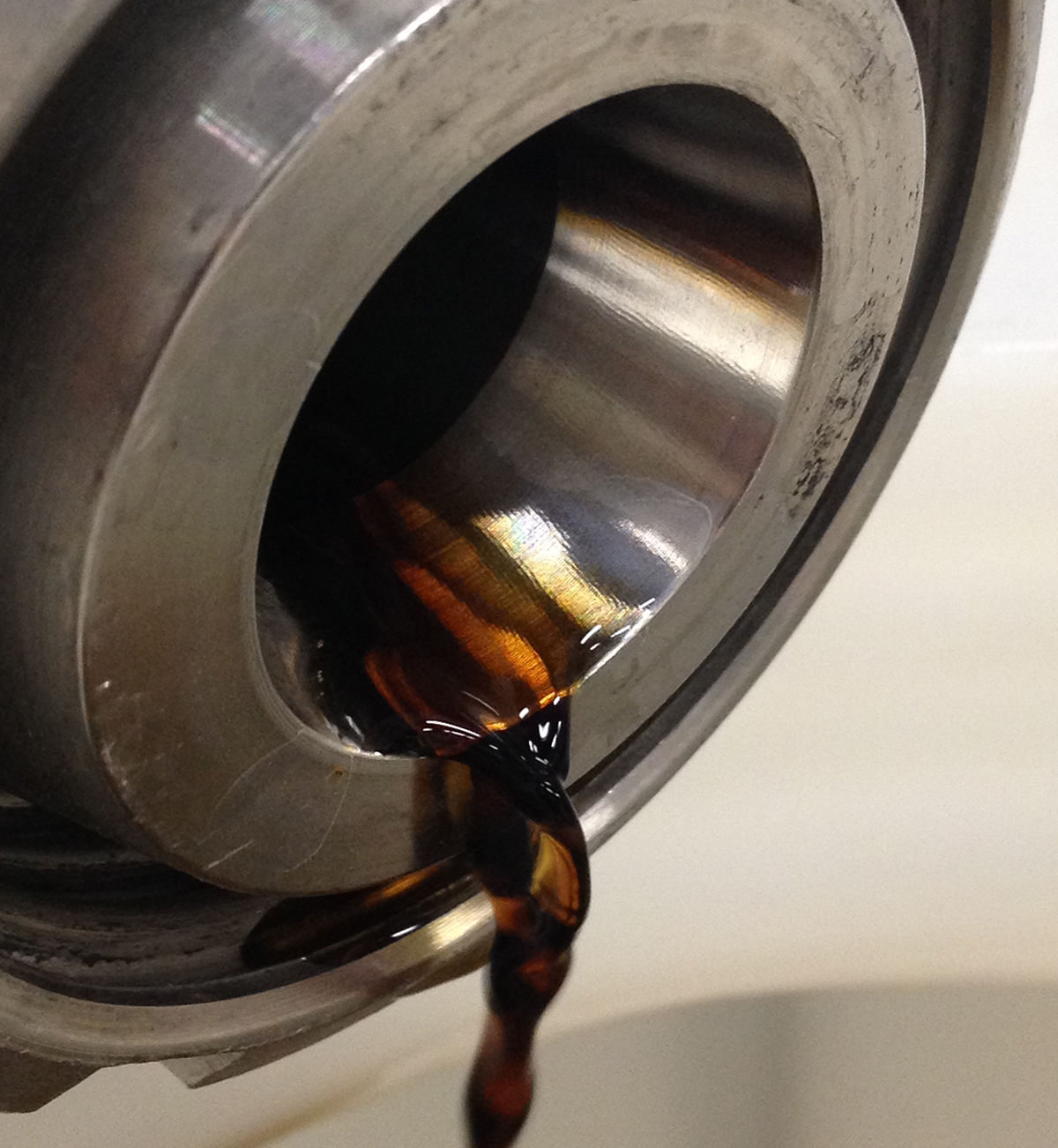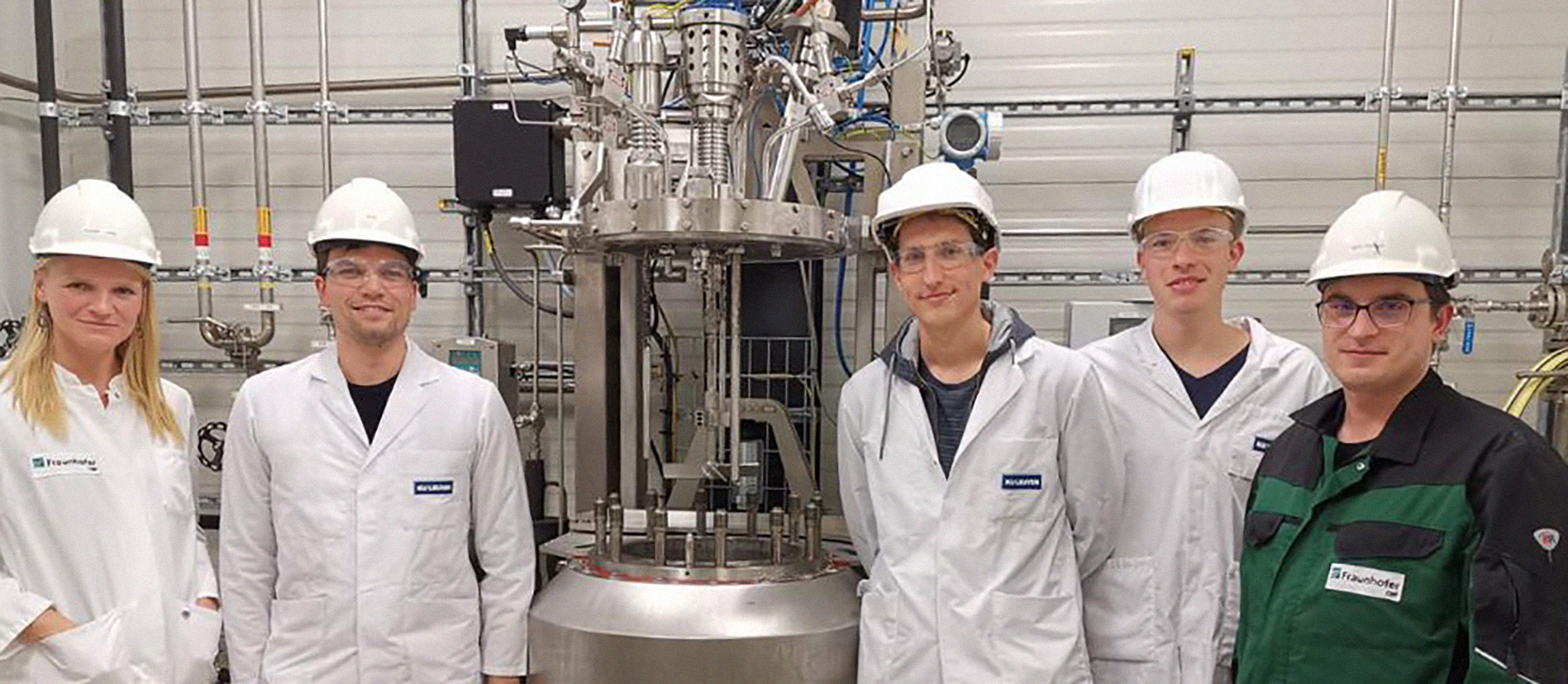Challenges
In order to reduce dependence on fossil resources and reduce the carbon footprint of production processes, renewable resources are transformed into chemicals in so called biorefineries. Lignin, the second most abundant terrestrial polymer, is the only sustainable source of biobased aromatics. To date, however, lignin has only been used in limited quantities for the extraction of aromatics. Conventional lignin extraction processes are often optimized for fractionation and purification of cellulose for pulp production. Since lignin is regarded as a by-product in this process and and complex purification steps usually have to be established for high-quality material utilization, most of the lignin produced in pulp mills is currently only utilized for energy.
Objectives: Development of processes for the production of new functionalized bioaromatics from lignin
To render biorefineries sustainably and economically, the material use associated with the conversion of lignin into high-quality products is essential. The aim of the project is therefore to use lignin extraction processes that preserve the structure and functionality of lignin. In combination with innovative chemical and biotechnological conversion routes, this should enable the production of functionalized bioaromatics. New, hitherto not accessible structures including new functionalities and, thus, new performances, can be detected, which can be used in a variety of industrial applications. Aromatics represent a significant share of today’s chemical building blocks used for a wide variety of applications in the field of polymers, adhesives, coatings, resins, surfactants, anti-oxidants and cosmetics. Within the project, the use of phenolic resins for laminates as well as the production of natural vanillin for food and beverages are conceivable.
Process development and scale-up for the use of aromatics from lignin
The ALIGN project focuses on upscaling of three extraction processes that lead to both a high-value lignin fraction and a pure cellulose/sugar fraction: The LX process (LXP), an Organosolv process combined with base-catalyzed depolymerization (BCD) and the lignin-first process (LFP). The lignin fractions derived from the three processes differ in their composition in regard to the degree of depolymerization and functionalization.
Fraunhofer CBP successfully scaled up the lignin-first process established by KU Leuven to pilot scale. In this process, highly functionalized phenolic monomers and oligomers next to pure cellulose/sugar fractions were obtained from beech wood chips.
Various lignin derivatives by tailored purification strategies
In the project, various lignin derivatives were produced in combination with tailored purification strategies such as membrane fractionation and used very successfully in fully biobased phenolic resins.
In particular the developed purification strategies are now being tested, for their applicability on an industrial scale.
Applications
Starting with this broad range of different lignin derivatives combined with tailor-made downstream processing (DSP) strategies, a wide variety of bioaromatics with unique properties can be produced. The project aims at applying these bioaromatics as phenolic resins for the production of high-pressure-laminates as well as natural vanillin for food and beverages.
In addition, the processes can be adjusted in future projects for a wide variety of applications in the aromatics sector from fine chemicals to bulk products.

 Fraunhofer Center for Chemical-Biotechnological Processes CBP
Fraunhofer Center for Chemical-Biotechnological Processes CBP


